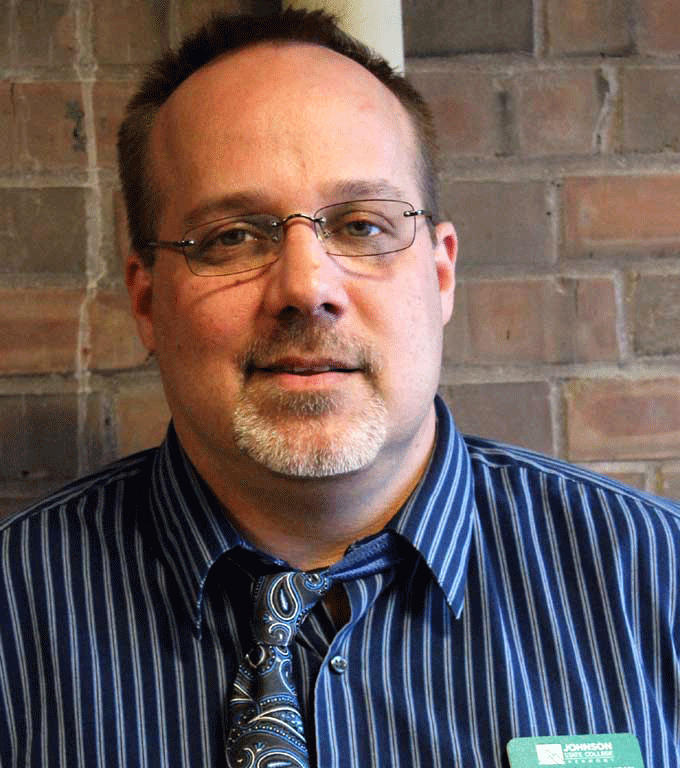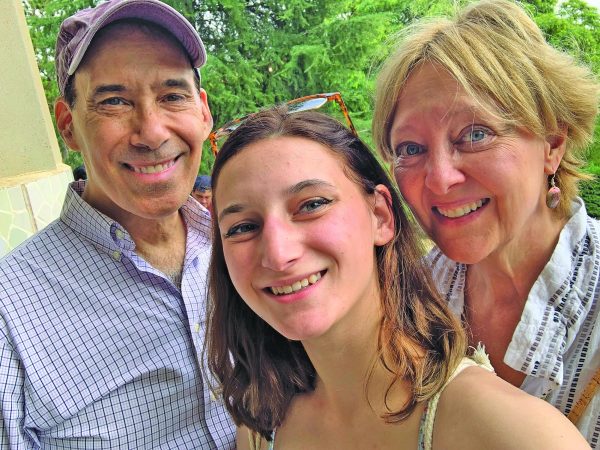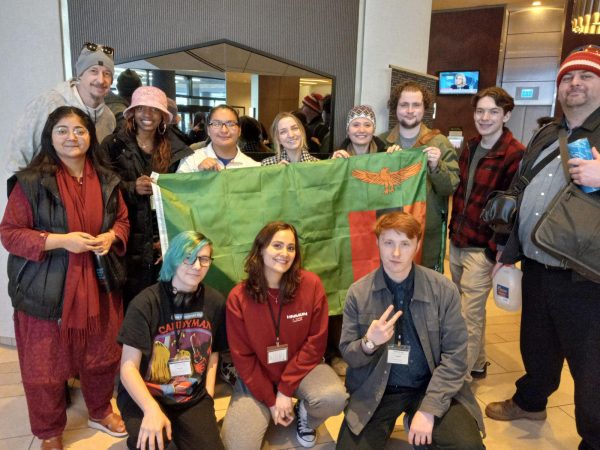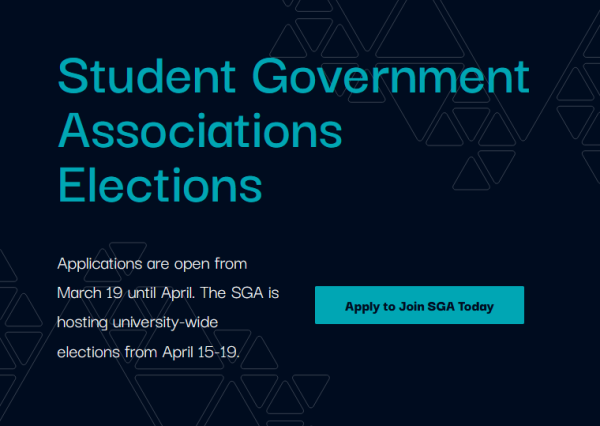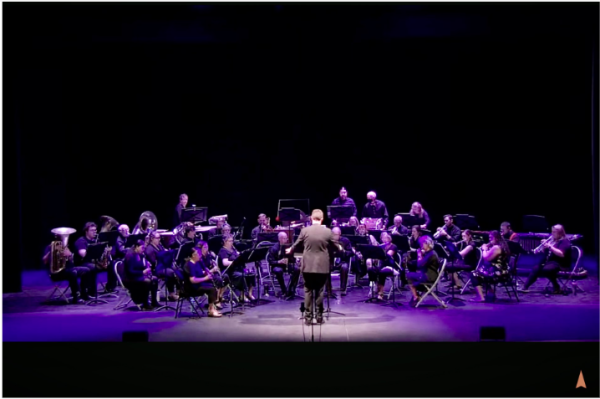Sodexo: upping its hours and services
Tom Fondakowski
Sodexo has recently implemented a new schedule for their serving hours: all day, from 7:30am to 4:30pm. During the expanded times, students will have access to the continental breakfast, grill, salad bar, pizza station, deli and dessert sections. While the change seems sudden, Tom Fondakowski, general manager of food services, notes that this development has been four years in the making.
“We were never continuous service,” Fondakowski says. “Most colleges are continuous service because of class schedules . . . We had a different philosophy at the time.”
Beginning his role in the dining hall in 2012, there was a much different atmosphere around food. Having the breaks between meals discouraged over-eating, a prominent issue at the time. However, continuous service had been discussed every year, with the road block being finances. Despite this battle, Fondakowski and Dean of Students Johnathan Davis, alongside the Student Government Association and recently the Student Advisory Board, have collaborated to provide students with alternatives.
“One of the programs we started was Eco-Ware,” says Fondakowski. “When students couldn’t come to a meal, to give the meal plan value, you can take a meal to go.”
Eco-Ware is easy to spot around campus, as it consists of the clear, plastic take-out containers that many students and staff alike have taken advantage of. “It’s fine, but you limit your choices,” says Fondakowski.
He also admits that, while it’s been successful, the program is difficult to manage and has sustained losses due to people throwing the Eco-Ware containers in the trash instead of returning them. “The first year we did it, we lost almost $2,000 worth of containers,” says Fondakowski. As a solution, amnesty boxes have been distributed in the resident halls to encourage people to bring them back.
Even then, Fondakowski says, students were getting bored. “There’s only so many sandwiches you can eat,” he says. Yet again, the concept of continuous service was brought up. Fondakowski and Michele Whitmore, associate dean of Student Life, had to work around the fact they didn’t want to raise the prices of meal plans, and the administration didn’t want to spend more money.
Two years ago, to curb the gap during weekend brunches, they began offering the continental breakfast at 9 a.m., after students still complained about the limited hours. “That’s the recurring theme here: ‘You’re not open,’” Fondakowski says.
Hoping to address this situation, Sodexo was able to set up the breakfast section the night before to prevent added labor and mitigate costs, and to close the Common Grounds Café on weekends, as it was low-traffic anyway.
Next, the Dining Hall tackled the over-crowding during Late Night, as before it was simply held in the Café. They converted an old, unused cashier’s station, set into the wall by the cash register, into a grocery and beverage section that can be closed and opened whenever needed. Partnering with SLAP, they were able to host events and activities in the space as well to make it more vibrant and fun. With this small investment, the dining services yet again gave students a new alternative.
“We evolve based on student feedback,” says Fondakowski. The athletics department soon approached Sodexo because their practices often extend late into the evening, making it hard to make it to dinner. Late-night equivalency tickets were produced three years ago so students could still get a meal. This spawned a conversation between President Elaine Collins and Fondakowski. During a catering event for the holidays, President Collins approached him about the program.
“She said, ‘That’s great, but I have a problem with that,’” Fondakowski recollects. She suggested making the program available to all students, not just athletes. With the meal equivalency tickets, all students who may otherwise miss a meal due to classes and clubs are able to maintain value in their meal plans by eating later.
These programs, while successful, soon brought to Fondakowski’s attention the realization that their unlimited meal plans weren’t actually unlimited. Approaching Davis about the dilemma, they were able to meet halfway: give continuous service all week, but not on weekends, and only offer continental breakfast during transitions from breakfast to dinner.
“We did it for the students,” says Fondakowski.
Together, both Fondakowski and Davis, as well as SLAP and other student-run committees, were able to successfully transition the campus into continuous service and bring students some options and activities to give their swipes a little more value.
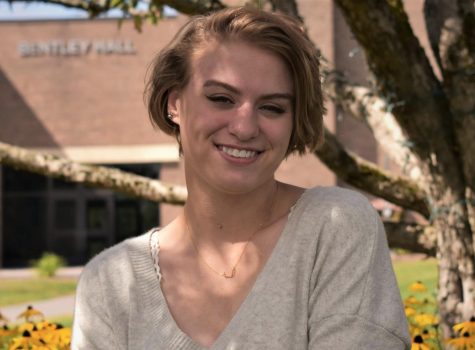
Senior, Journalism & Studio Art
Grew up in Craftsbury, VT
Spring 2018 - Present
I got a black eye and mild concussion in Las Vegas during a rugby...


